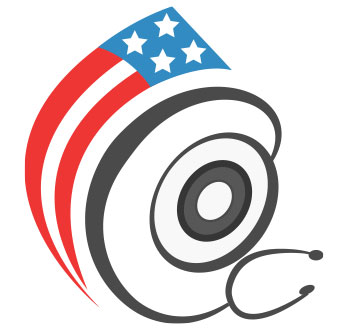What is Cystitis?
Cystitis is an infection or inflammation of the bladder. The urinary system is composed of the kidneys, ureters, bladder, and urethra. All play a role in removing waste from the body. The kidneys help filter waste from your blood. Tubes are called ureters to carry urine from the kidneys to the bladder, where it is stored until it exits the body through the urethra. A urinary tract infection can begin when bacteria enter the urinary tract through the urethra and then begin to multiply.
Cystitis is rare in men. Women are more prone to the development of cystitis because of their relatively shorter urethra – bacteria do not have to travel as far to enter the bladder – and because of the relatively short distance between the opening of the urethra and the anus.
Causes of Cystitis
More than 85% of cases of cystitis are caused by Escherichia coli (“E. coli”), a bacterium found in the lower gastrointestinal tract. Sexual intercourse may increase the risk of cystitis because bacteria can be introduced into the bladder through the urethra during sexual activity. Once bacteria enter the bladder, they are normally removed through urination. When bacteria multiply faster than they are removed by urination, infection results.
Risks for cystitis include:
- Obstruction of the bladder or urethra
- Insertion of instruments into the urinary tract
- Pregnancy
- Diabetes
- HIV
- A history of analgesic nephropathy or reflux nephropathy
Symptoms of Cystitis
- Blood in the urine
- Stinging or burning when passing urine
- Dark (cloudy) or smelly urine
- Pain or tenderness in the lower back
- Low-grade fever
Prevention
- Drink plenty of fluids, especially water.
- Urinate frequently.
- Try to avoid using perfumed soaps, vaginal deodorants, or douches in the genital area.
- Try to wear cotton undergarments. Do not wear tight trousers.
- Wipe from front to back after going to the bathroom.
- Drink cranberry juice to prevent certain types of bacteria from attaching to the wall of the bladder and lessen the chances of infection. **However, don’t drink cranberry juice if you’re taking the blood-thinning medication warfarin (Coumadin). Possible interactions between cranberry juice and warfarin can lead to bleeding.**
- Empty your bladder as soon as possible after sex.
- Take showers rather than baths.
Treatment
Antibiotics are the first line of treatment for community-acquired bladder infections. Which drugs are used and for how long depending on your health condition and the bacteria found in your urine test, if such a test is performed? The drugs most commonly recommended for simple UTIs include amoxicillin (Amoxil, Trimox), ciprofloxacin (Cipro), nitrofurantoin (Macrodantin, Furadantin), sulfamethoxazole (Bactrim, Septra), and trimethoprim (Trimpex, Proloprim). Make sure your doctor is aware of any other drugs you’re taking or any allergies you might have.
DoctorSolve™ Healthcare Solutions Inc., a Canadian Internet-based pharmacy intermediary (license #BC X23), offers low-cost, long-term prescription drugs. A professionally registered pharmacist fills all Canadian prescriptions. A certified member of the Canadian International Pharmacy Association, DoctorSolve™ is ranked as one of the best online Canadian pharmacies.
DoctorSolve™ is ranked as one of the best Canadian pharmacies online. DoctorSolve™ has filled more than 200,000 U.S. prescriptions.
For more information on how to order Canada drugs safely and securely call 1-866-732-0305 or visit https://www.doctorsolve.com/ – a trusted and reliable Canadian online pharmacy since 1999.





